Hello from our new office, just down the hall from the old one! If you’d like to visit the CDSS store in person, check out the new directions for finding us in the building.
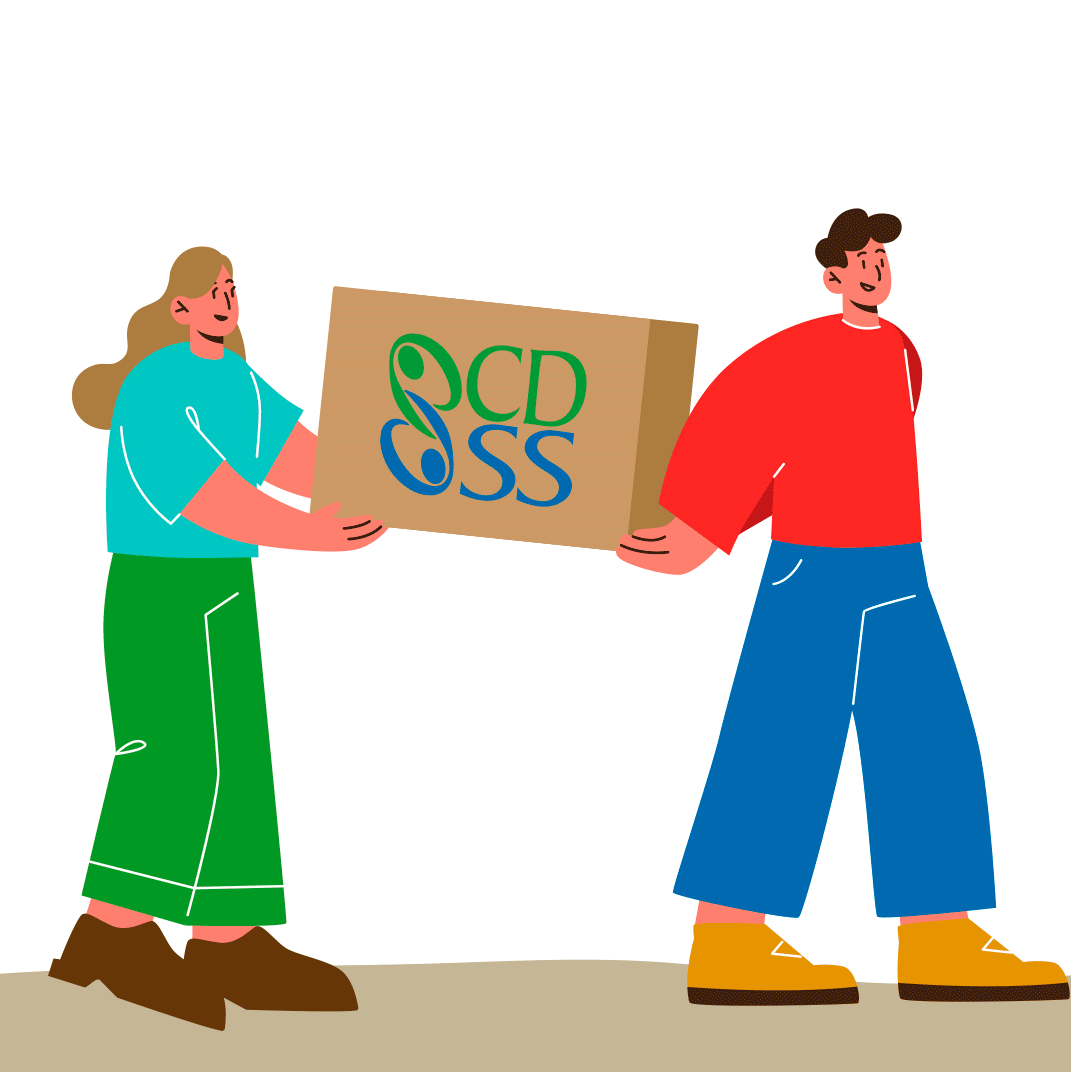

Hello from our new office, just down the hall from the old one! If you’d like to visit the CDSS store in person, check out the new directions for finding us in the building.
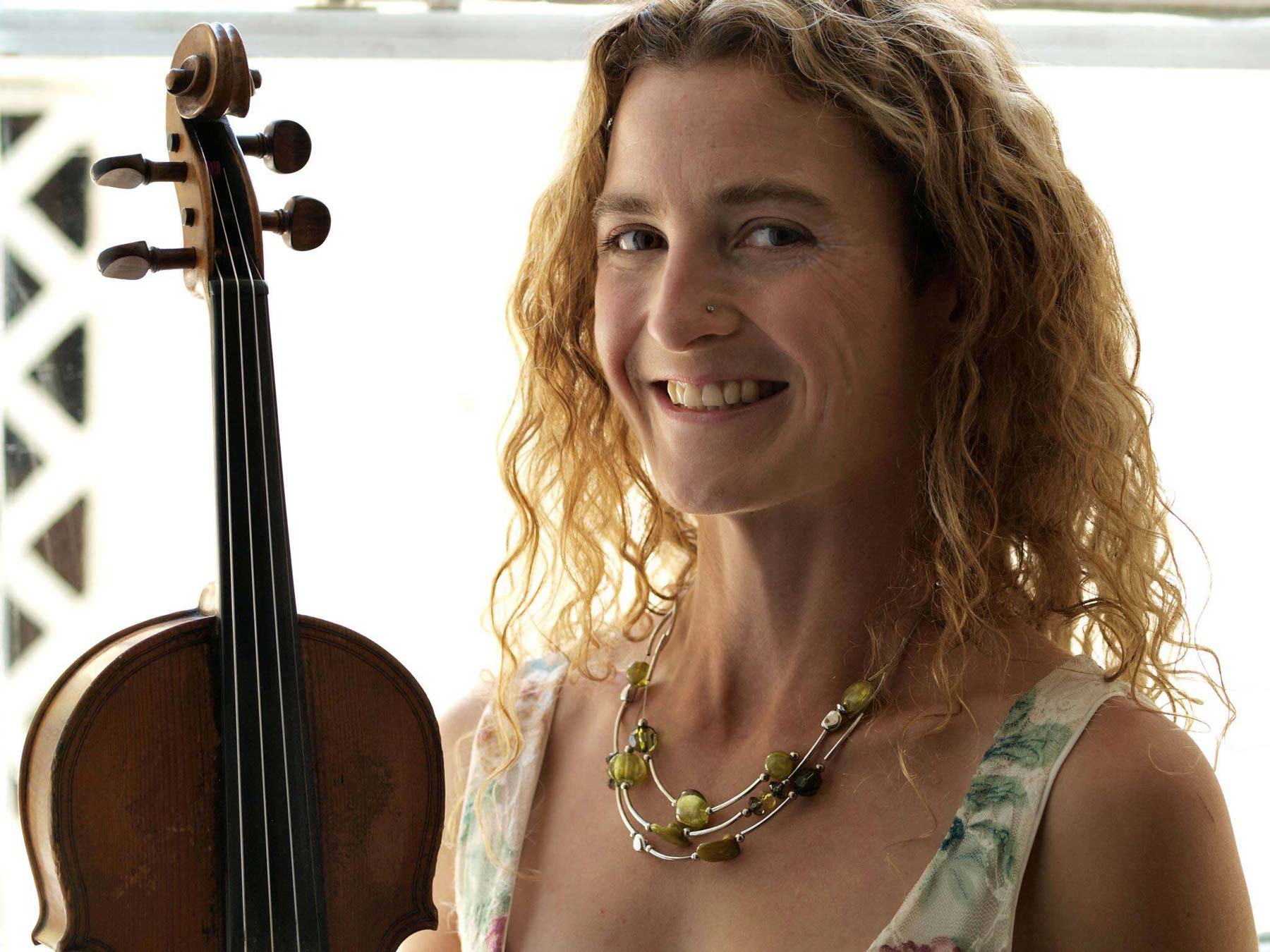
How lucky we are to have Laurel Swift as a co-Program Director at CDSS Family Week at Agassiz Village this summer! Laurel is leading classes on tin whistle and clog dance and a special performance class just for teens, and she was just featured in this article from Tradfolk. Find out more and register for camp.
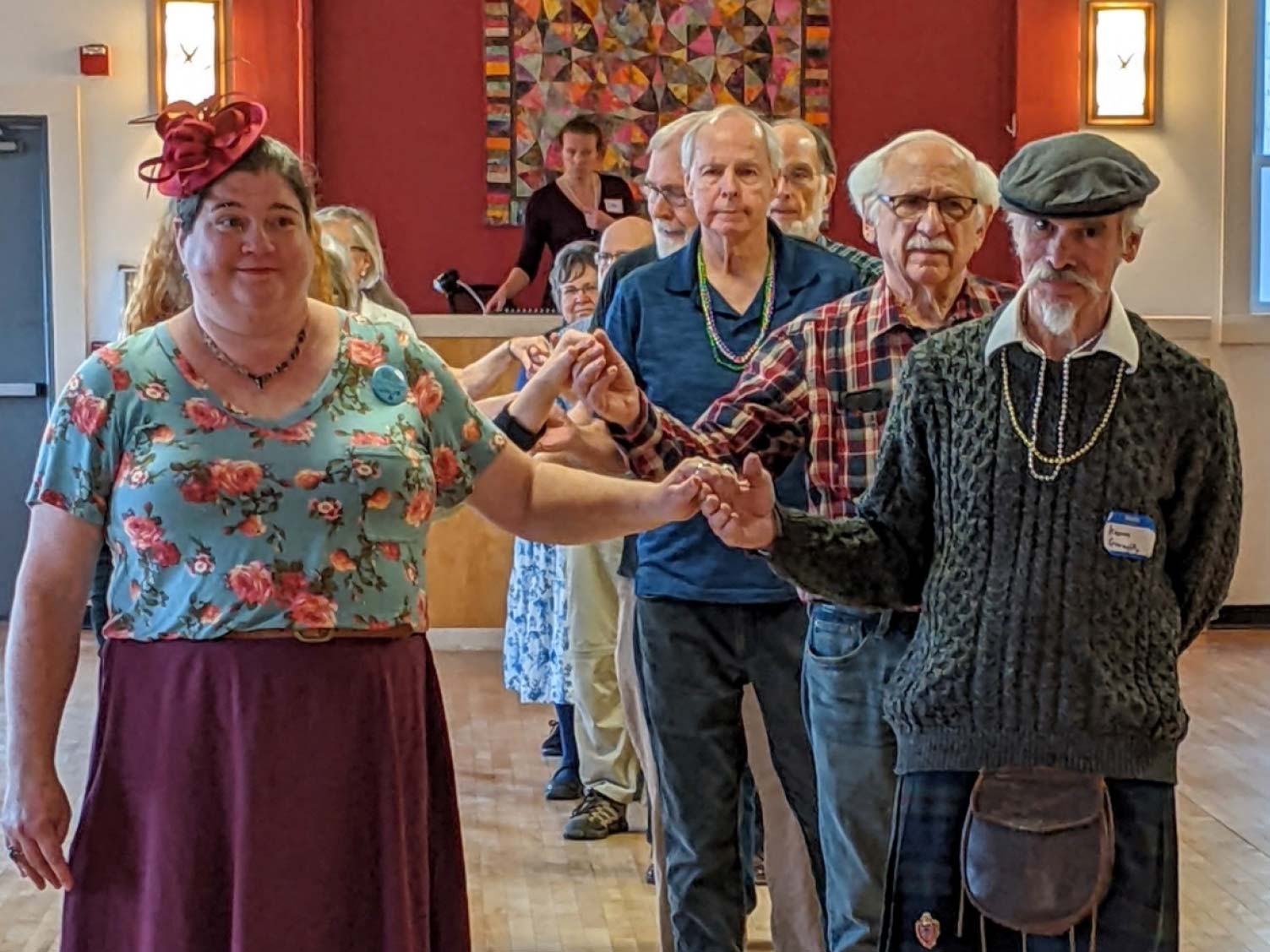
The slideshow, video, resources, and transcript from our March 2023 Web Chat are now available. Executive Director Katy German hosted this discussion about volunteer management and addressed key volunteer-related questions.
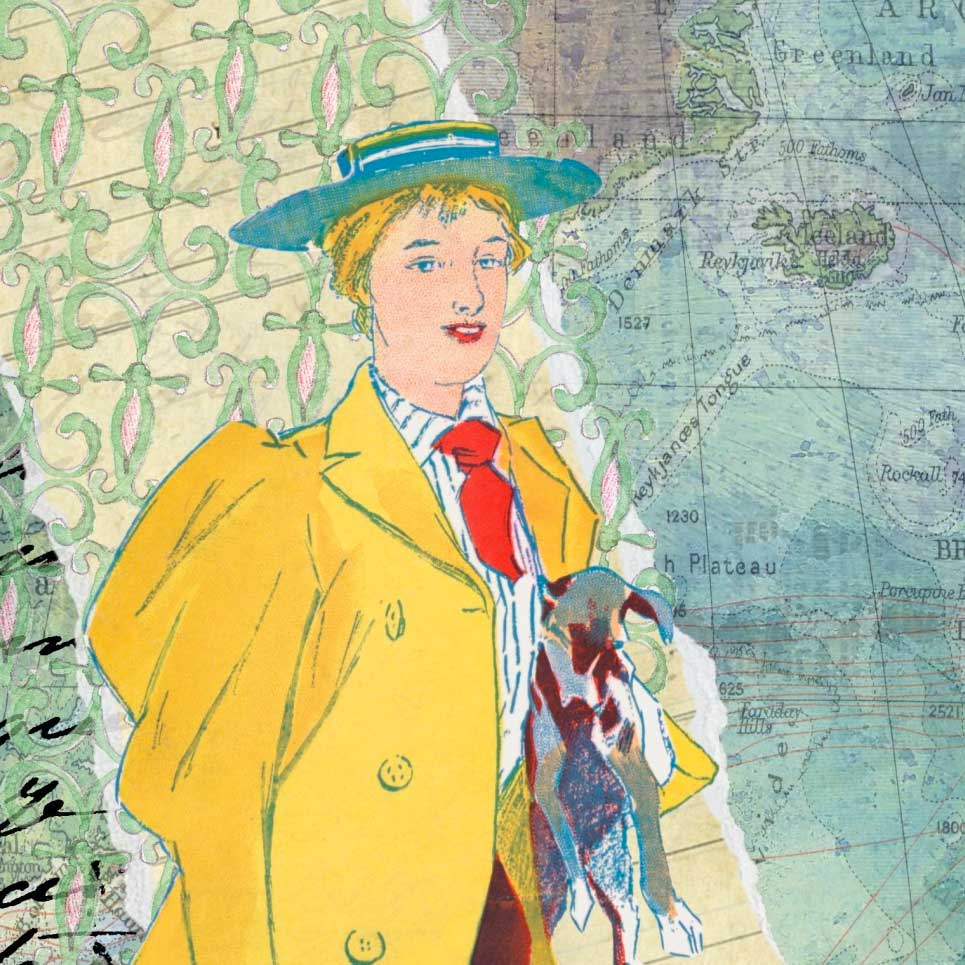
Sue Burgess introduces “Free and Easy to Ramble Along.” Sue writes: “A man goes on his rambles in Ireland and Scotland, having a good time meeting women, and perhaps breaking a few hearts along the way. In 2007, I was interested to hear well-known singer Peta Webb sing a version where the genders are reversed and the story told from a woman’s point of view.”
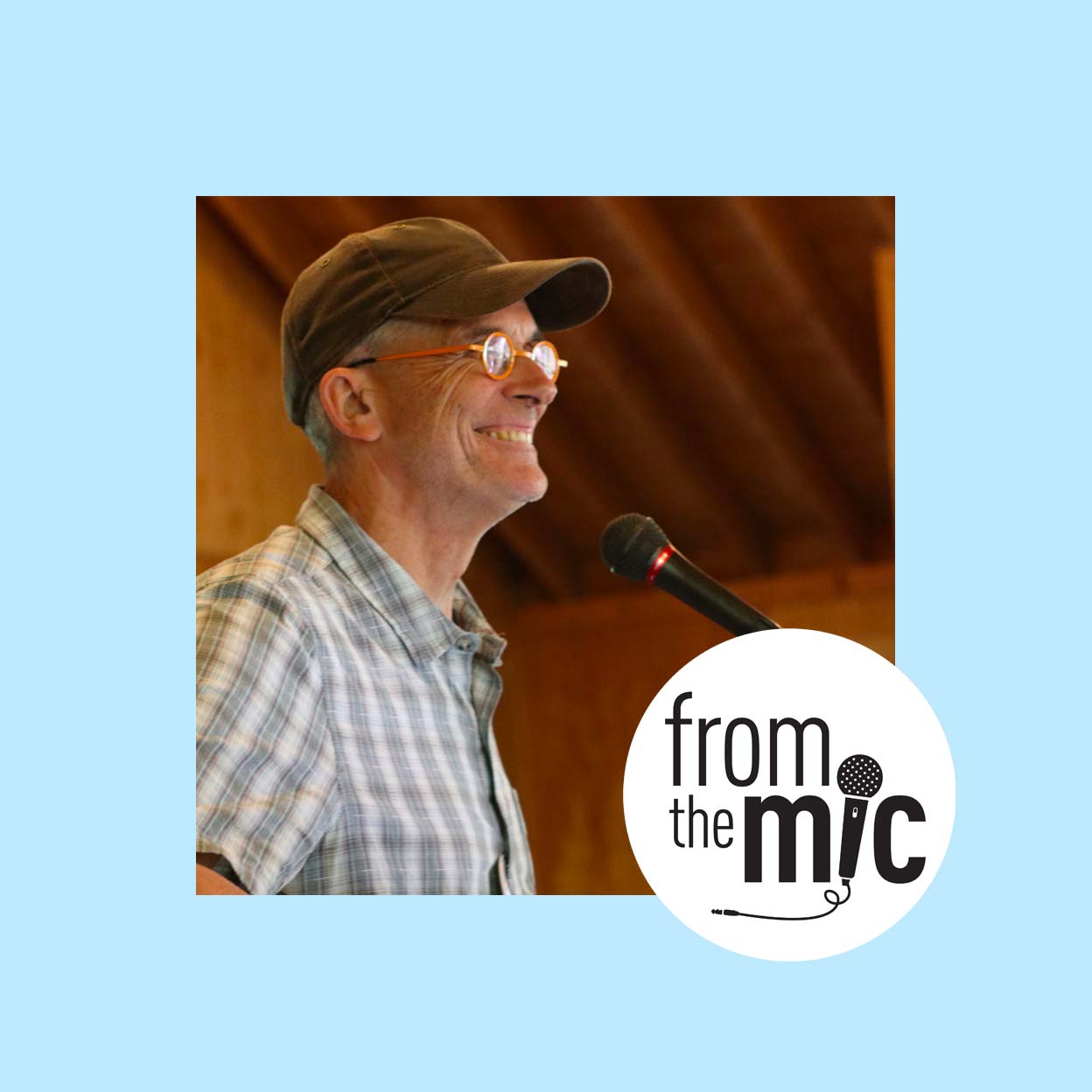
In episode 11 of From the Mic, Mary talks with Will Mentor, who began his calling career in Fairfield, Iowa, in 1995. Since then, he has called dances, dance weekends, and weeklong dance camps all over the United States. Canada, and Europe. His guiding principle as a caller is “It’s about the dancers!”
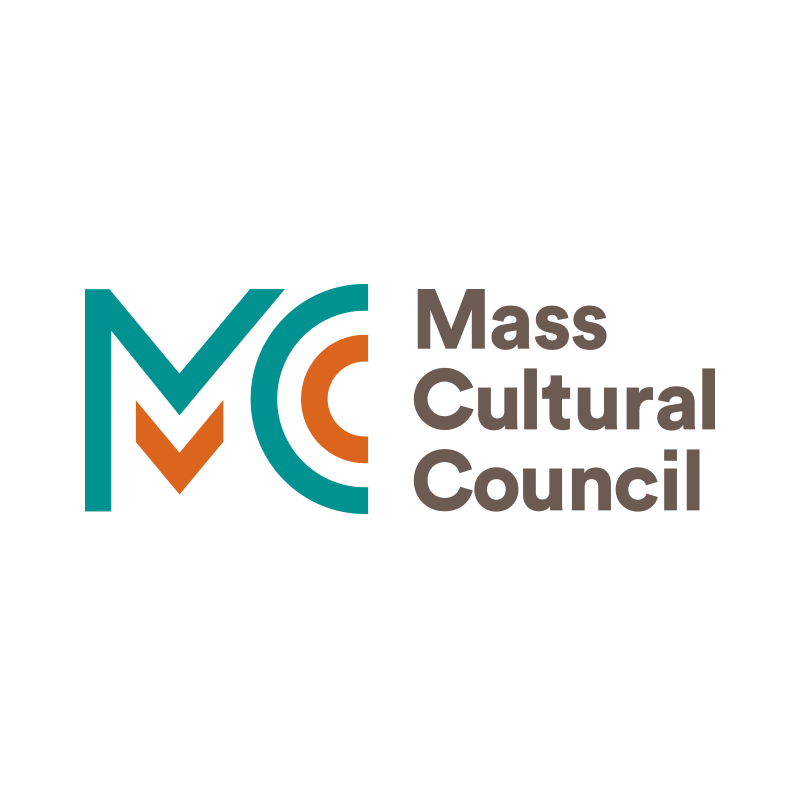
CDSS has received a $75,000 Cultural Sector Recovery Grant from the Mass Cultural Council. Mass Cultural Council, an independent state arts agency, is charged with bolstering Massachusetts’s creative and cultural sector. MCC’s efforts advance economic vitality, support transformational change; and celebrate, preserve, and inspire creativity across all Massachusetts communities.
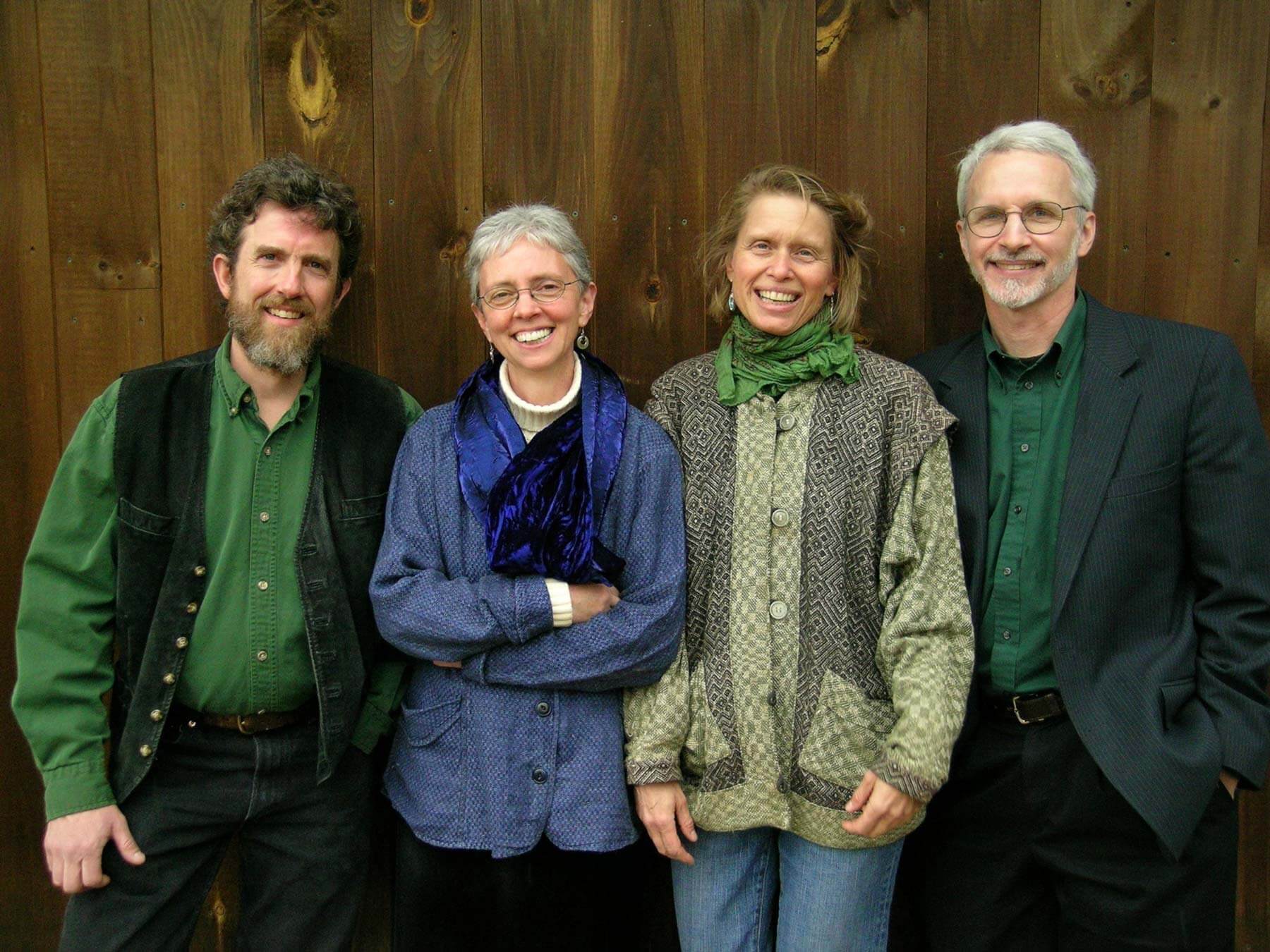
We are proud to announce that Mary Alice Amidon, Peter Amidon, Mary Cay Brass, and Andy Davis—collectively known as the New England Dancing Masters—are the 2023 recipients of the CDSS Lifetime Contribution Award. For the past four decades, they have spread the joy of traditional music and dance across North America.

We are proud to announce that Mary Alice Amidon, Peter Amidon, Mary Cay Brass, and Andy Davis are the 2023 recipients of the CDSS Lifetime Contribution Award.
Collectively known as the New England Dancing Masters, for the past four decades they have spread the joy of traditional music and dance across North America.
Starting with The Chimes of Dunkirk in 1991, the New England Dancing Masters produced a treasure trove of books, CDs, and DVDs with crystal clear instructions for dances and singing games. Their live performances, workshops, school residencies, and leadership at family dance camps have encouraged and trained countless teachers to bring traditional dance, music, song, and storytelling into schools and communities.
In recent years, the Dancing Masters’ teaching blog and YouTube channel brought resources and inspiration to everyone at home during the pandemic.
Thank you Mary Alice, Peter, Mary Cay, and Andy!
The New England Dancing Masters were honored with an award celebration in October 2023.
Watch a video of the celebration.
See a slideshow of the NEDM over the years.
Photos above by Jeff Bary.
“I just experienced some of the dances in your books Listen to the Mockingbird and Chimes of Dunkirk at a workshop. It was an incredible experience…My students will really enjoy these dances. The movement instructions are the clearest I’ve seen in a resource like this! Thank you!”
“This is hands-down one of the best resources for American folk dances for children. Dances are carefully selected, instructions are easy to follow, and the recordings are delightfully authentic.”
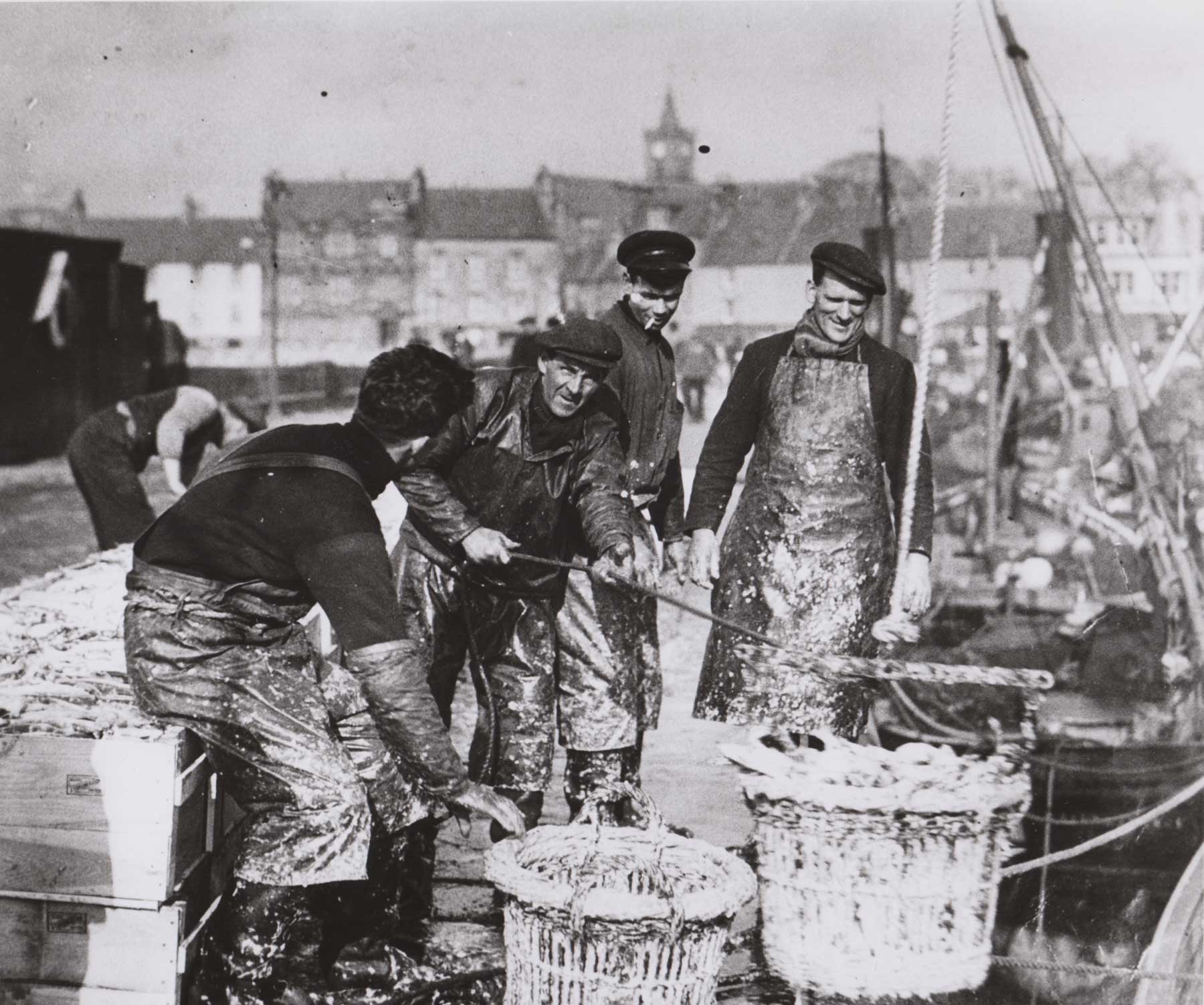
William Pint introduces “The Rose in June,” the sad tale of a Scottish fisherman lost at sea.
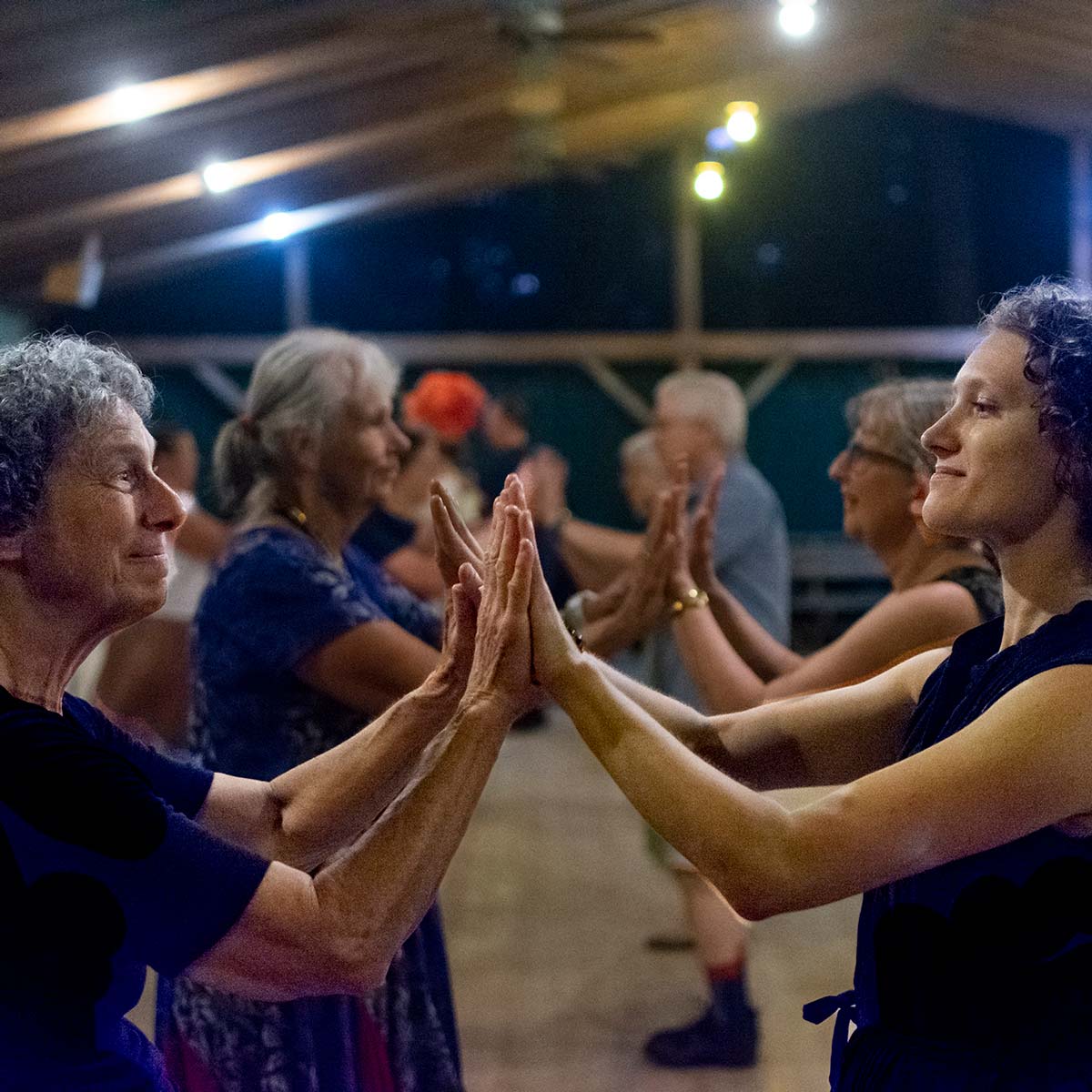
Magic is waiting for you at our 2023 summer dance, music, and song camps! Whether you’re a beginning fiddler or a professional bagpiper, a third grader or a grandparent, a brand-new contra dancer or a seasoned morris squire, you are welcome here. Join us for nine weeks of camps at four camp locations across the U.S. this summer. Learn more.